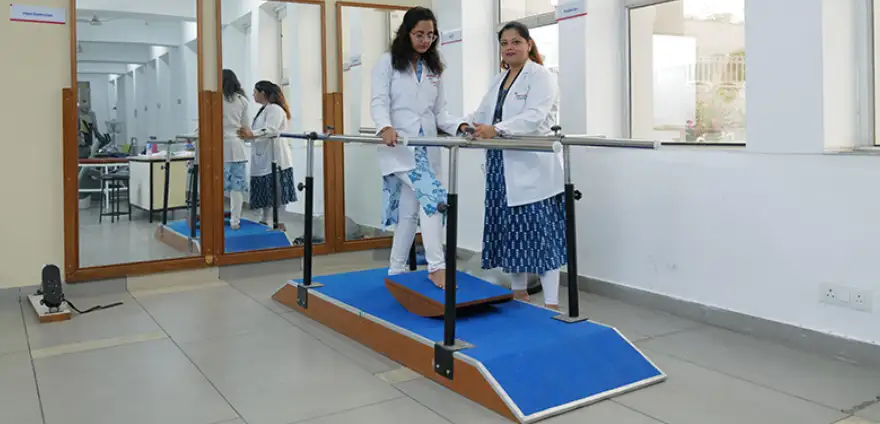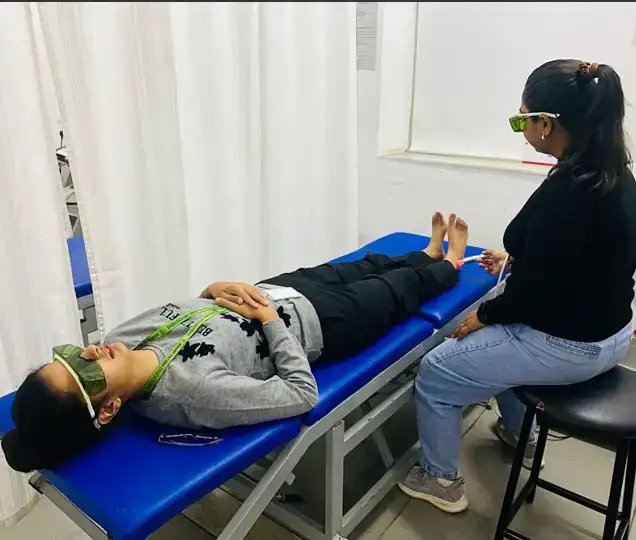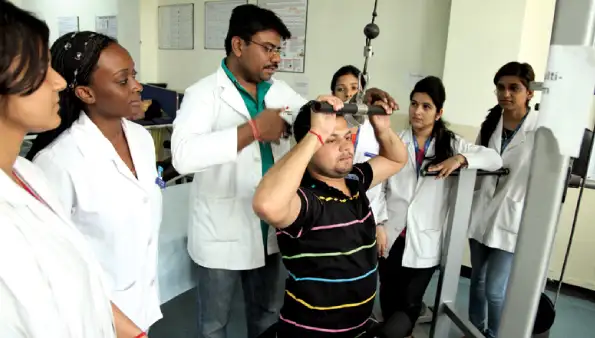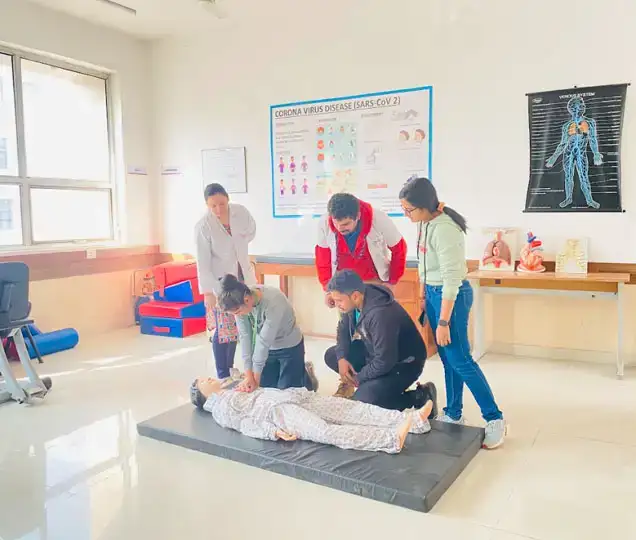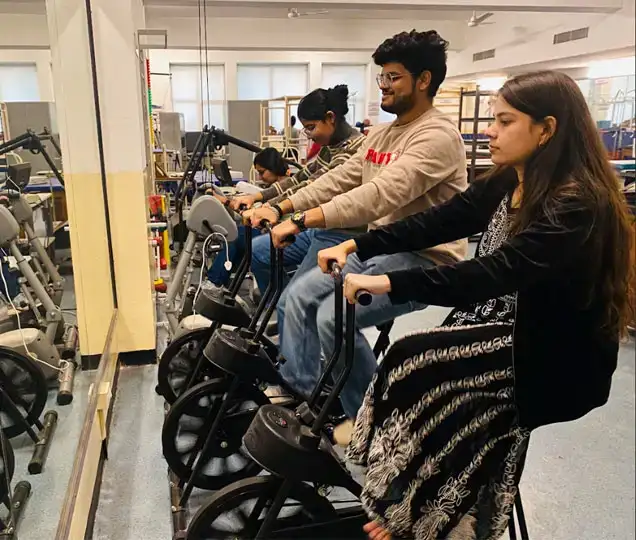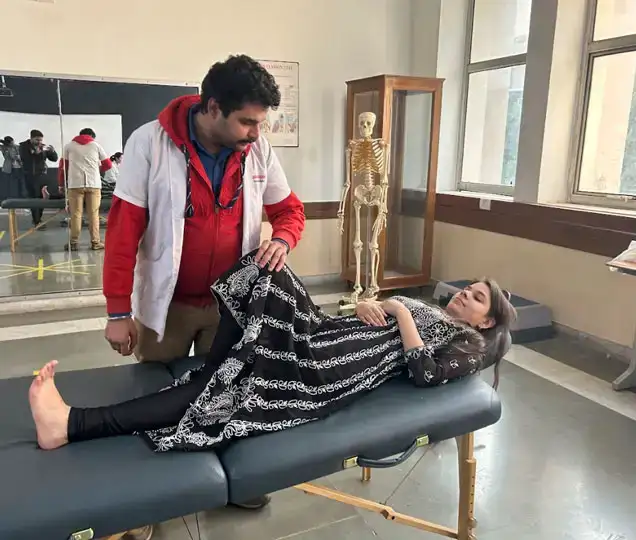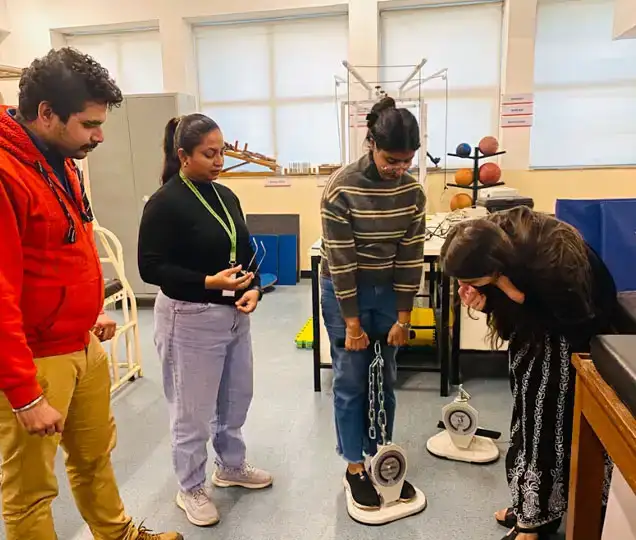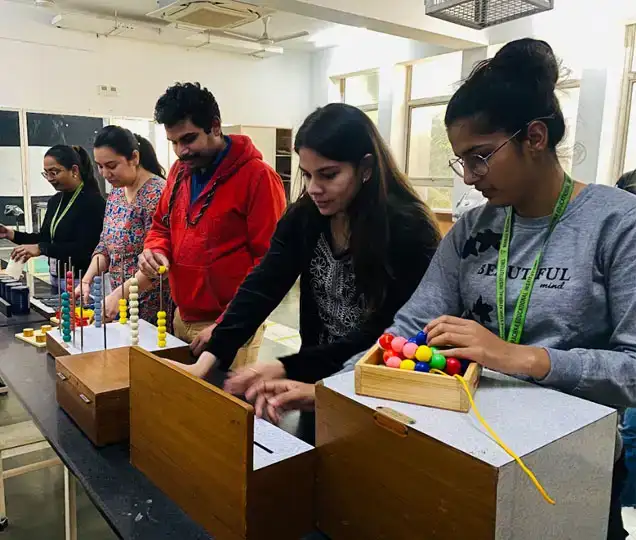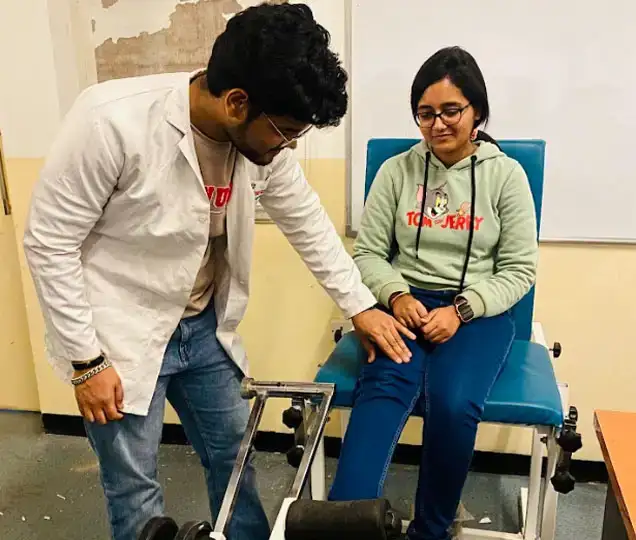Neurology Lab
A neurology lab is a specialized facility focused on the study and exploration of the nervous system, encompassing the brain, spinal cord, nerves, and their intricate networks. The primary purpose of a neurology lab is to conduct research, experiments, and analyses aimed at understanding the structure, function, disorders, and development of the nervous system. Within these labs, cutting-edge equipment and techniques are utilized to investigate neural pathways, neuronal activities, brain imaging, neurochemical processes, and the impact of various factors on neurological health and functioning. Neurology labs play a pivotal role in various scientific and medical disciplines, including neuroscience, neurobiology, psychology, psychiatry, and neuroimaging.
Researchers and experts in these labs collaborate to unravel the complexities of neurological diseases, such as Alzheimer's, Parkinson's, multiple sclerosis, and epilepsy. This multidisciplinary approach enables the development of innovative diagnostic tools, therapeutic strategies, and potential cures for neurological disorders. The lab environment places a strong emphasis on safety, precision, and adherence to standardized protocols to ensure accurate data collection and analysis, thereby contributing to significant advancements in the field of neurology and improving the quality of life for individuals affected by neurological conditions.




